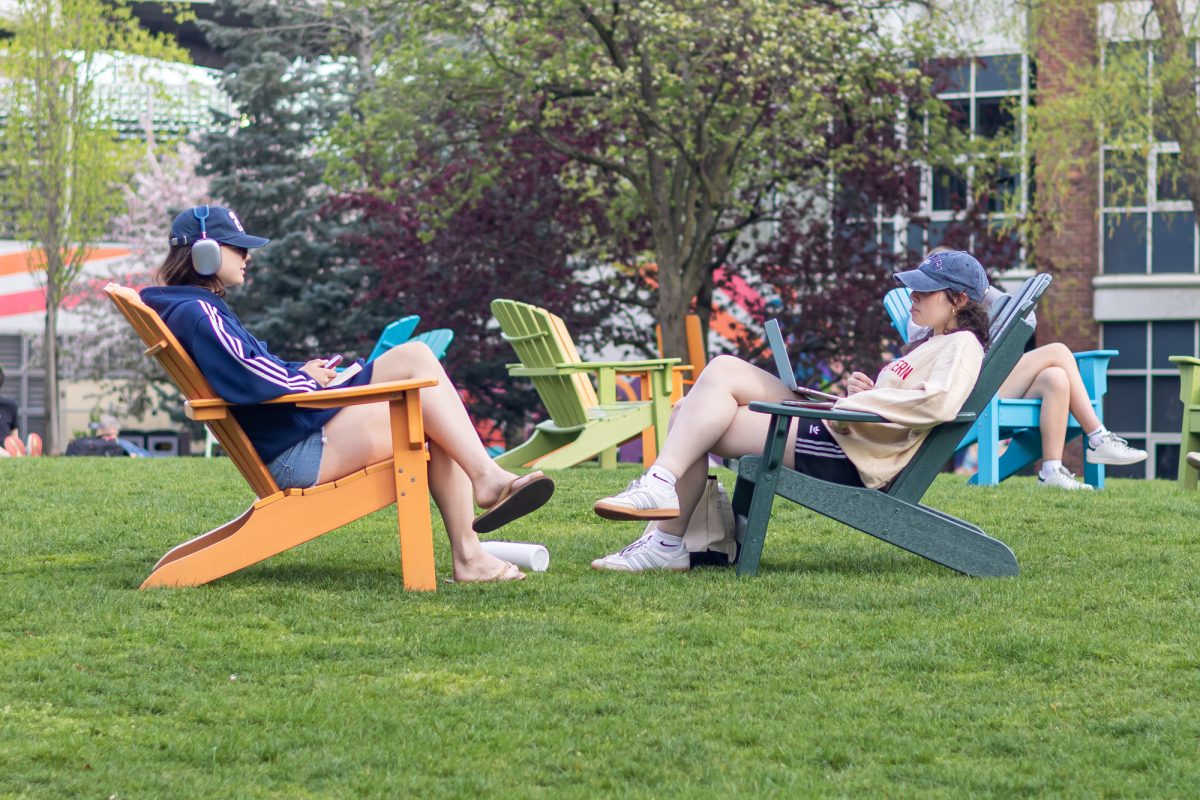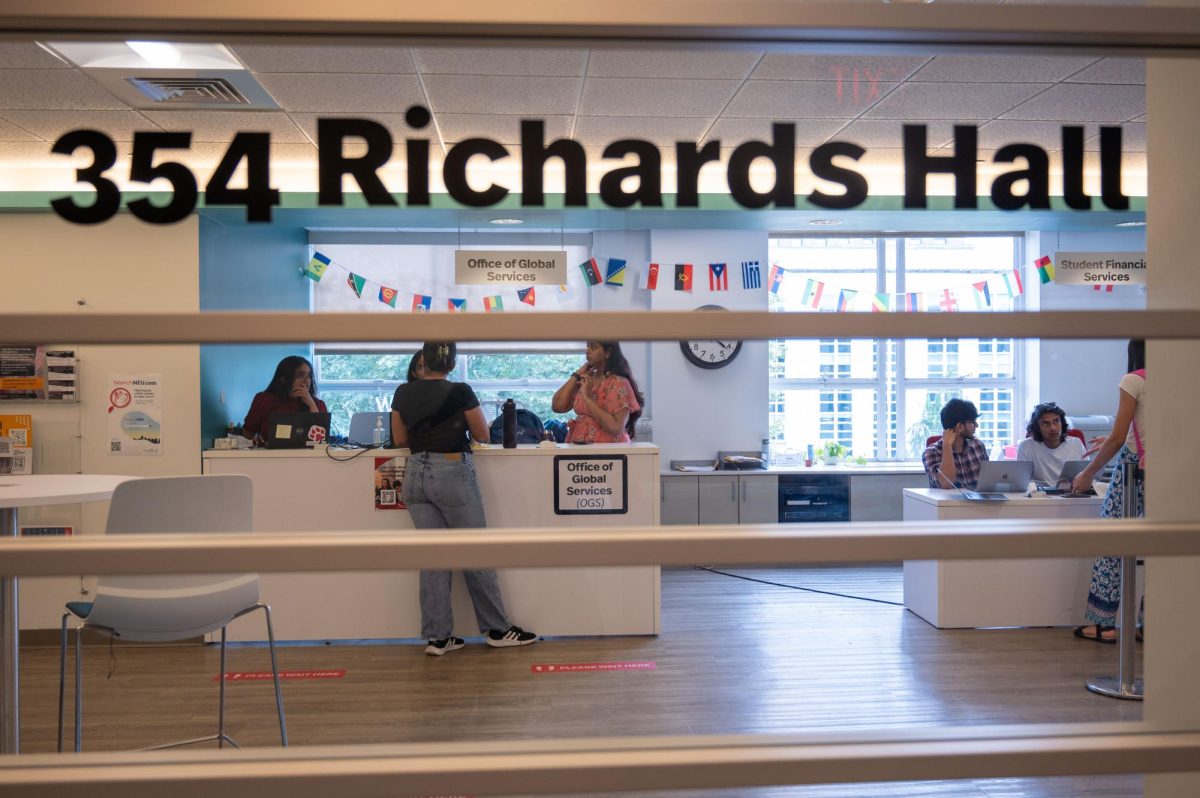How often have you arrived at the Northeastern office or building of your destination only to find it locked and dark? Cursing at your watch, you look closer and see a sign for summer hours: Closed. Looks like you’ll have to make other plans.
Registering for summer classes may have been an unpleasant surprise too. Many departments offer far fewer summer classes, and course offerings are obviously scaled down. Even if a class is offered, it is much more likely to be canceled because not enough students register than similar classes offered in the fall and spring semesters.
However, what may seem like minor, personal inconveniences for summer students becomes a frustrating mess when the annoyances hinder students’ studying, living, working, and learning. The nagging feeling of not getting what was paid for fuels the frustration.
Students on campus for the summer might find themselves doing a lot more fruitless tugging at locked doors and banging their fists on dark windows than they anticipated. From the gym to the library to the dining hall, hours for many student services have been slimmed for summer. Some, like the Curry Student Center, close entirely on Sundays. Others, like InfoCommons, have been reduced from 24 hours to only 8 hours (7:30 a.m. to 11 p.m. on weekdays, 9 a.m. to 5 p.m. on Saturday). Get your fix at the Curry Student Center West Addition Food Court, Peet’s and Jamba Juice during the week, they’re all closed from early Friday afternoon until Monday morning. Stetson East, the only dining hall open on campus, closes at 8 p.m. and there is no OutTakes until Fall.
Then there’s academics. Professors and advisers are on vacation or out of the office sporadically throughout the summer, stymieing students who are here and might need them. It has long been an issue for students on co-op that daytime office hours, in places like academic advising or the student activities office are inconvenient for them. As many NU students know, lost time and the delays of the NU Shuffle may mean difference between an awesome international co-op or study abroad and staying home.
Northeastern’s student housing occupancy on-campus during Summer I is 22 percent and is 17 percent during Summer II, according to figures provided by the Northeastern Marketing and Communications Department. Given that the number of students in need of services (and the income provided by them) is significantly reduced in the summer, it is understandable and appropriate that many offices and locations have reduced their hours. It is respectable that some still offer a couple evening hours per week and accommodate students’ appointments. Hard-working faculty, staff, and administrators deserve to spend time with their families – enjoying the nice weather or departing for well-deserved vacations. Even The Huntington News rolls back its publication over the summer so we can spend more time at barbecues and the beach. But are the paying summer students really being treated fairly?
According to the Housing and Residential Life website, and the Registrar’s website, whose list of fees currently read “$TBA” as the Board of Trustees determine the final costs for the 2010-2011 school year, the costs (tuition, housing, meal plans and fees) for a full summer semester is exactly the same as the Fall and Spring semesters. Those on campus for only Summer I or Summer II pay exactly half the typical four month room and board rates, half the fees, half the tuition.
If the cost is essentially the same, why don’t the services match? Why are students who either by choice or by academic pattern find themselves on campus for the summer forced to accommodate less-friendly hours and attenuated inconveniences for the same price?
Even the Student Government Association, whose website has not been updated since April, appears to be taking it easy for the summer. Just because there is a smaller number of students doesn’t mean that the ones who are here should have to settle for less. Maybe the reason there are so few students on-campus is because their classes aren’t offered, their professors aren’t here, and their meal plans and tuition dollars don’t go as far as they do in the fall or spring. They don’t want to pay for something they aren’t receiving. What about the students that don’t have that choice?
If there are savings from the reduced operating hours and other cuts, then the university should pass the savings along to students in the form of proportionately reduced summer tuition and fees. If students should come to expect less from the university over the summer semester, then the university should expect less remuneration from its students.








